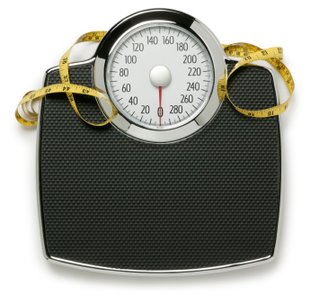Revealing the Benefits of Post-Op Care

To the general public, bariatric surgery may be a single procedure that ends as soon as you leave the clinic after surgery. Or, they may think of aftercare as periodic adjustments to make sure your surgery is “working.” As a weight loss surgery patient, you know that post-op care is crucial to your success. Most clinics have extensive mandatory programs to ensure your continued weight loss and pursuit of a healthy lifestyle.
Shared Roles of Surgery and Post-Op Care
Your care after bariatric surgery, or post-op care, is as important as the surgery itself. The surgery helps you eat less because you feel satisfied on a smaller volume of food, but it is up to you to follow a healthy diet. You can lose 100 pounds or more in the first year, but you may have more to go. The best way to lose weight and keep it off is to carefully follow the meal plan and exercise recommendations from your bariatric team. Consider these facts:
-
A lap band does 30 to 40 percent of the total work; this means that you, the patient, are responsible for the remaining 60 to 70 percent of your weight loss journey’s success.
-
Some banding or sleeve patients have procedures that do almost 100 percent of the work in the first year, and then the patient must adjust to continue that work.
This means that aftercare is vital to your success.
Components of Aftercare
These are typical components of aftercare. They are critical for your success so that you know what to do and stay motivated.
-
Dietitian appointments: You will take several weeks to work up from a liquid diet to pureed foods to your regular diet. The dietitian can work with you to provide meal plans and food choice ideas.
-
Recovery period: You need to ease gradually into your regular activities and an exercise program to prevent poor healing of your surgical wounds.
-
Surgeon follow-ups: Gastric bypass will require more follow-ups and blood tests than other forms of bariatric surgery, but these appointments are crucial for everyone. You want to be sure that you are healing properly and preventing nutritional deficiencies.
-
Support groups: These groups are mandatory for many clinics. You can attend weekly or monthly meetings initially, and some clinics ask you to attend annual follow-ups for the rest of your life. These groups keep you motivated and informed.
Adjustment Visits for the Lap Band
Adjustment visits. These visits are periodic checkups that can lead to adjustments to make you more successful. Three different adjustments are possible.
-
Your nutrition program: You may need to alter your calorie intake, frequency or volume of eating or type of foods that you choose to make sure that you are getting the nutrients you need.
-
Your state of mind: A session with a psychologist or another member of your bariatric team can help you get motivated if you’re feeling discouraged, or make you more confident if you’re feeling lost.
-
Your band. The Lap Band is the only weight loss surgery option that allows adjustment to improve the procedure’s efficiency. The band can be narrowed to make you feel full faster, or opened if you need to increase the volume of food you eat, such as what might happen if you get sick.
Aftercare versus Maintenance
Aftercare, or post-op care, is distinct from “maintenance.” “Maintenance implies that you have reached the end of a program, such as a diet program, and you are ready to go back to your old habits. “Aftercare” helps you continue the transition to a healthier lifestyle. People who think of you in maintenance might be waiting for you to regain the weight, as with another failed diet.
So what can you do to change the negative perception of aftercare? Being a good role model is always a good start; follow through with all of your appointments, eat well and exercise as recommended. You can be more verbal about your continued efforts, and spread the word online through social media, such as Facebook and Twitter. What other ideas do you have for changing negative terminology disapproving assessments of post-op care for bariatric surgery?

